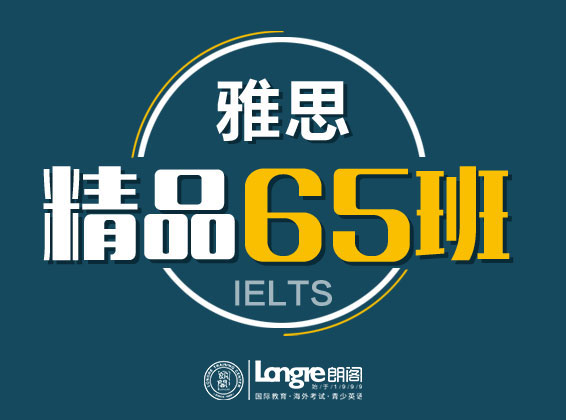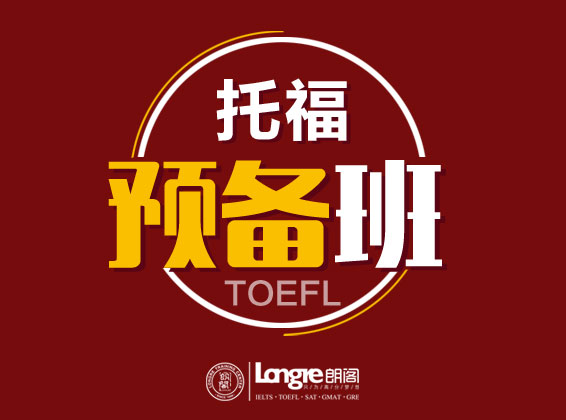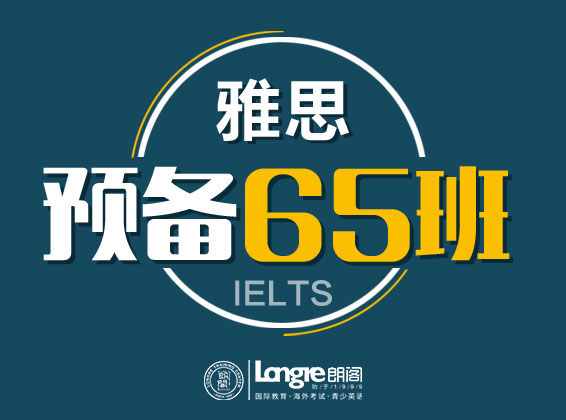|
Soybeans. It is not just vegetarians who eat them. The humble legumes are used to make tofu, cooking oil and animal feed. They are also a daily necessity for most Chinese.But large numbers of the country's farmers are abandoning the crop, squeezed out by cheap foreign imports. In China, up to 80 percent of soybeans are now imported from countries including the United States, Brazil and Argentina.Most of these are genetically modified.Costing far less than domestically grown crops, and of greater quality, the GM variety is rendering non-GM Chinese soybeans unviable. Liaoning province is in the country's soybean basin. And it is here the impacts of GM imports are being felt. Veteran farmer Liu Shumin has been planting soybeans for 30 years. Despite standing in his fields, which are ripe and ready for harvest, he is not a happy man. With all his agricultural know-how, he still cannot compete with cheap GM imports. "The beans yield 2,250 kilograms per hectare, but the price is only 4 yuan per kilogram. I do not know how the price will be after harvest, but it will not increase a lot," said Liu. Liu also added that because the soybean seeds they bought are low quality, plus farmers are using the old planting way, so the yield is low. "Therefore, few people would like to plant soybeans in this area." Said Liu, he's frustration evident. Despite low selling prices for farmers, domestically grown soybeans still cannot compete with cheaper imported GM products.
Unable to compete with GM imports, soybean planting quotas are falling. In 2012, China imported almost 59 million tons of soybeans. Domestically the country produced only 13 million. In Liaoning, just 12,000 hectares were planted this year, down from 40,000 hectares in 2008. It's figures like these which have local officials worried. And it is a situation being compounded by the trend for farmers to abandon soybeans in favour of other crops like peanuts. Wang Limin is one of them. He said compared with soybeans, which typically sell at about 4 yuan per kilo, the price of peanuts can reach much higher, around 7 to 8 yuan per kilo. The yield is also higher. It is a story being repeated in other parts of China's northeast.In Heilongjiang Province, planting dropped by 30% last year. In Jilin it was 31%. In some areas, it has dropped by as much as 70%. Soybean imports into China attract only a 3% tariff. There is also no quota on how much can be brought in. In June, China's Ministry of Agriculture approved the import of another three genetically modified soybeans. They join the eleven already given the green light. Experts say the Chinese soybean is in the fight of its life. If current trends continue, government and enterprise may be forced to start plugging domestic soybeans, and the products they make, in order to boost brand awareness here. Overall, they say China must reduce its reliance on imported GM soybeans. "I think subsidies are necessary for soybean growers," said Song. "Right now, the government provides subsidies for growing crops, and minor subsidies for growing soybeans, but far less than necessary." (责任编辑:admin) |
文中图片素材来源网络,如有侵权请联系删除







